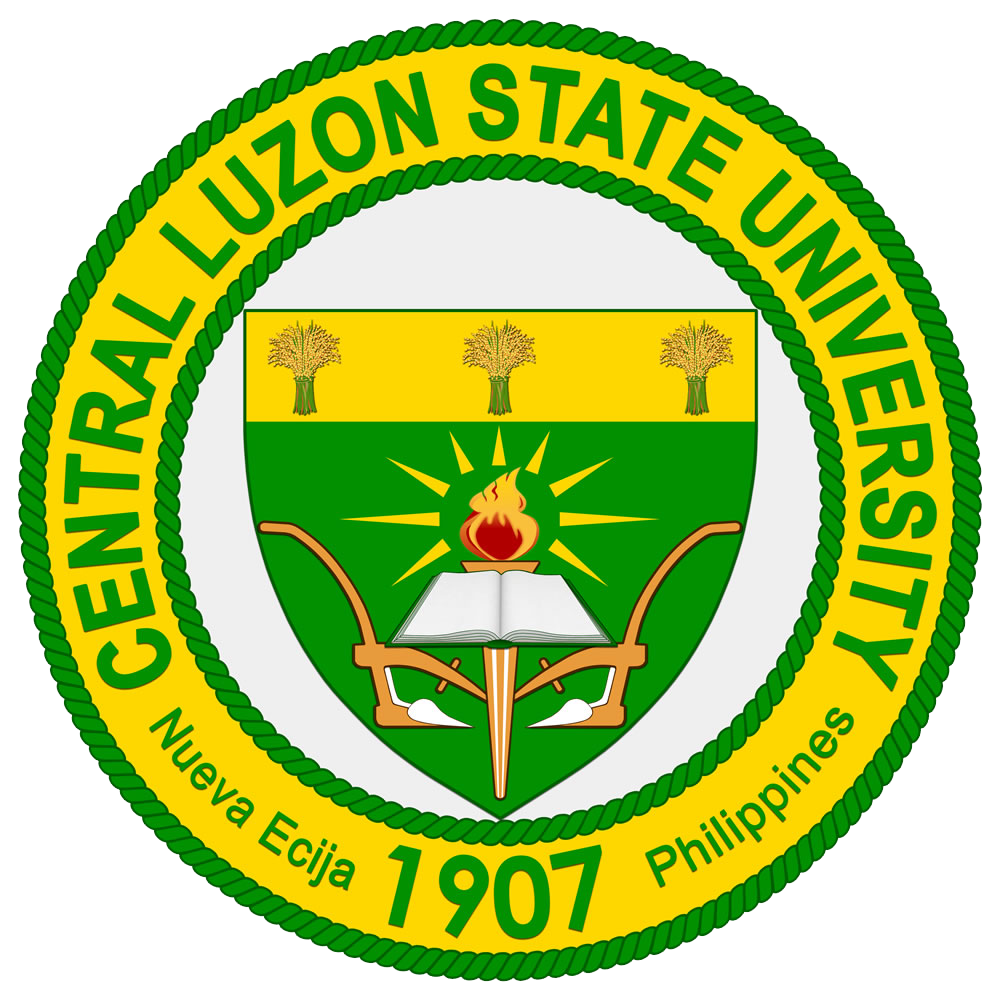The Food and Agriculture Organization (FAO), a specialized agency of the United Nations, has organized an intensive, 7-day training course on Designing and Implementing Surveillance for Selected Aquatic Animal Diseases of Important Cultured Species in the Philippines Using the FAO 12-Point Surveillance Checklist. The training was held at the Bureau of Fisheries and Aquatic Resources – National Fisheries Technology Center (BFAR-NFTC) in the Science City of Muñoz, Nueva Ecija from September 11-17, 2023. Various agencies such as the Philippine Council for Agriculture, Aquatic and Natural Resources Research and Development (PCAARRD) of the Department of Science and Technology (DOST) and the BFAR of the Department of Agriculture (DA) served as the collaborators of the said training.
International and local experts in the field of aquaculture, aquatic animal diseases, disease surveillance and monitoring, and epidemiology were invited to provide lectures and guidance during the workshops. The resource speakers from FAO include: Dr. Melba B. Reantaso, Dr. Bin Hao, Dr. Fernando O. Mardones, Dr. Kathy Tang-Nelson, and Dr. Jia Beibei. Meanwhile, invited local speakers include: Dr. Adelaida T. Calpe, Dr. Celia R. Lavilla-Pitogo, Dr. Sonia S. Somga, Dr. Joselito R. Somga, and Dr. Jose O. Paclibare.
The invited participants represent the academe, industry and government in the whole country. The College of Fisheries (CF) and Freshwater Aquaculture Center (FAC) of the Central Luzon State University (CLSU) were represented by Dr. Karl Marx A. Quiazon, Director of FAC and Dr. Alvin T. Reyes, Department Head of Aquatic Post-Harvest.
Disease surveillance and monitoring are crucial aspects of protecting a nation's aquaculture sector and preserving its biodiversity. They form a fundamental component of a country's strategy for maintaining the health of aquatic organisms on a national scale. As considered an economic endeavor, surveillance and monitoring should be conducted systematically, in collaboration with various stakeholders, and with clear and deliberate objectives to ensure its successful and efficient execution. This training course was designed to build capacity in surveillance and monitoring activities in the Philippines with respect to aquatic diseases by following the 12-point active surveillance checklist, comprised of: (1) scenario setting; (2) defining the surveillance objectives; (3) defining the population; (4) clustering of diseases; (5) case definition; (6) diagnostic testing; (7) study design and sampling; (8) data collection and management; (9) data analysis; (10) validation and assurance; (11) human and financial resources and logistics requirements; and (12) surveillance in the bigger picture.
Upon the deliberate discussion of the 12-point checklist by the FAO experts, the participants were divided into four working groups to focus on four diseases and species namely: (1) Acute hepatopancreatic necrosis disease or AHPND (bacterium/shrimp); (2) Enterocytozoon hepatopenaei or EHP (parasite/shrimp); (3) Streptococcus spp. (bacterium/tilapia); and (4) Megalocytivirus (virus/milkfish). Upon completing the training, participants have effectively developed, formulated, and delivered work plans for their individual disease surveillance projects. The concluding ceremony was honored by the presence of Dr. Melvin B. Carlos, who serves as the Deputy Executive Director, overseeing Administration, Resource Management, and Support Services at the DOST-PCAARRD (photo courtesy of DOST and Ms. Marfil).




